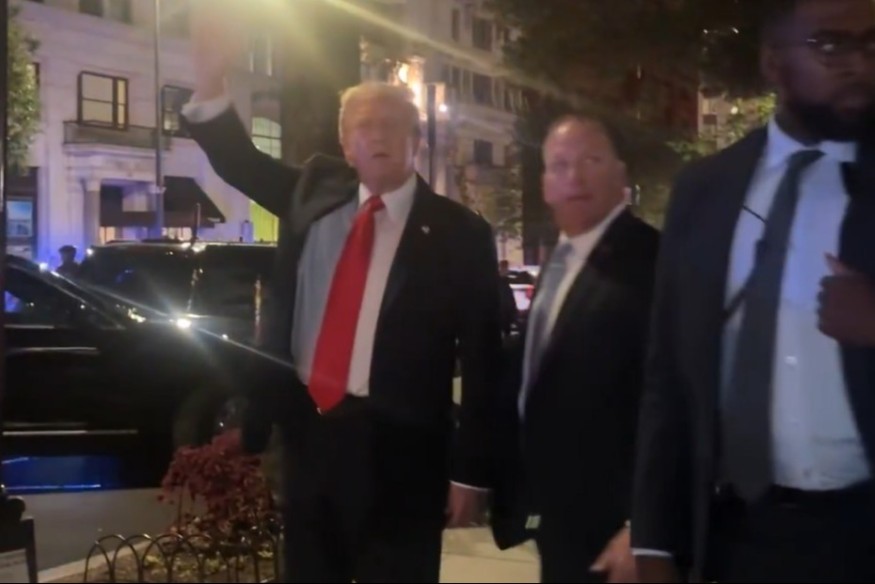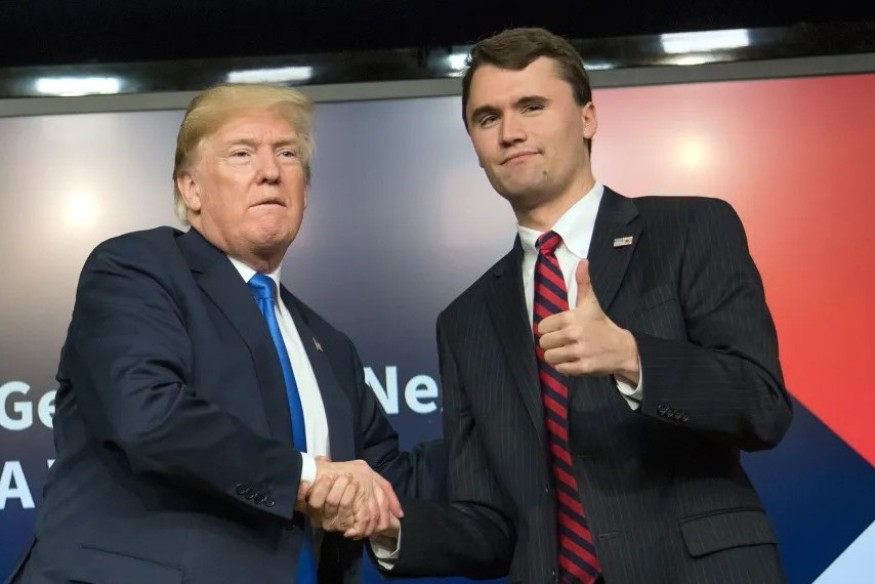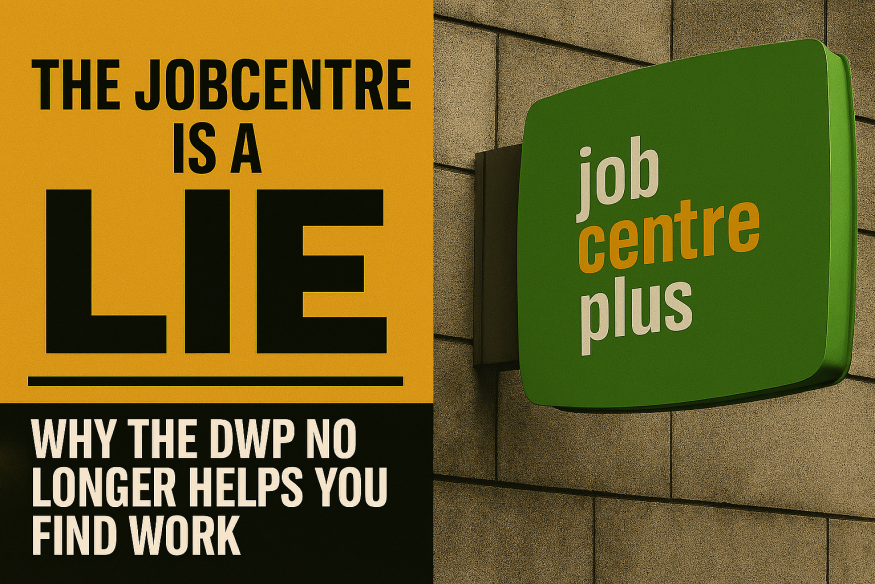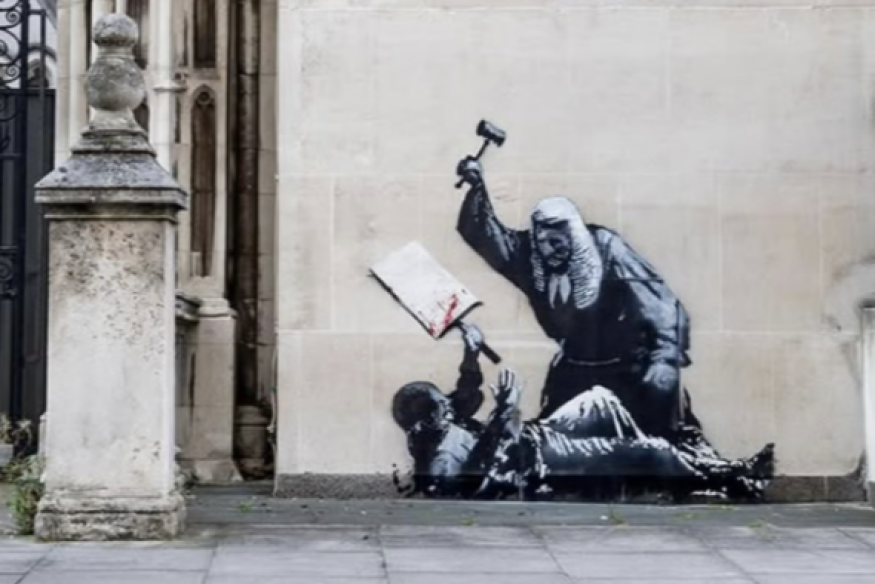
April 10, 2025
Did President Trump's manufactured Trade War and stock market advice amount to market manipulation and insider trading?
Donald Trump's trade policies have been a subject of intense scrutiny and debate. His recent actions, including a series of tariffs and subsequent reversals, have led to significant market fluctuations. This article explores whether these actions constitute market manipulation and provides a timeline of key events.
Timeline of Events
October 15, 2024: During a speech at the Economic Club of Chicago, then-presidential nominee Donald Trump expressed strong support for tariffs.
November 25, 2024: Trump announced plans to impose 25% tariffs on all imports from Canada and Mexico and 10% tariffs on goods from China.
January 20, 2025: Trump signed a memo directing Cabinet members to assess and recommend trade measures to address unlawful migration and fentanyl flows from Canada, Mexico, and China.
February 1, 2025: Trump ordered the implementation of 25% tariffs on goods from Mexico and Canada and 10% tariffs on imports from China, effective February 4.
February 3, 2025: Trump issued two executive orders delaying the implementation of tariffs against Canada and Mexico to March 4, 2025.
April 2, 2025: Trump signed an executive order eliminating duty-free de minimis treatment for low-value imports from China, effective May 2, 2025.
April 9, 2025: Trump posted on Truth Social, urging traders to "BE COOL" and stating "THIS IS A GREAT TIME TO BUY!!!". Hours later, he announced a 90-day pause on nearly all tariffs, causing markets to soar.
April 9, 2025: Trump announced a 90-day pause on tariffs for all trading partners except China, raising duties on Chinese goods to 125%.
Market Reactions
Initial Tariffs: The announcement of tariffs on Canada, Mexico, and China led to significant market volatility. Stocks initially plummeted as investors reacted to the potential for increased costs and disrupted supply chains. Monday April 7, 2025 was being dubbed 'Black Monday' as global markets continued a massive slide following on from the consecutive downtrend of the previous week.
Pause and Reversal: The sudden pause and partial reversal of tariffs on April 9, 2025, led to a dramatic market recovery. The Nasdaq index saw its biggest one-day gain since 2008, rising nearly 12%, while the S&P 500 climbed 9.5%. President Trump has been accused of contriving a reverse "pump and dump" Scheme: a method of driving down stocks to buy the dip before they reverse and correct upwards.
No Tariffs on Russian imports
Interestingly, Trump has avoided imposing tariffs on Russian goods–Russia a bonified enemy of the Europe and the United States was not sanctioned in Trump's Trade War, despite the President's 10% tariff Ukriane. Since the onset of the Russia-Ukraine war in February 2022, global food prices have soared due to disruptions in agricultural production and exports from Ukraine. Ukraine, known as the "breadbasket of Europe," has faced significant challenges in maintaining its grain production and export capabilities. This has led to increased food insecurity worldwide, with millions suffering from acute food shortages and massive food price inflation.
Response from U.S. Politicians: Many Republican lawmakers expressed relief at the pause in tariffs, viewing it as a prudent course correction. Some, like Senator Chuck Grassley, introduced legislation to limit the president's authority to unilaterally impose tariffs.
Democratic Senator Adam Schiff has been vocal in calling for an investigation into potential market manipulation or insider trading linked to Trump's tariff policies. His concerns stem from accusations that Trump's abrupt tariff reversals and public comments may have influenced market behaviour. Adam Schiff has been quite direct in his criticism of Trump's tariff policies. He stated, "This on-again, off-again tariff policy has wreaked havoc on the markets," and questioned whether individuals close to Trump had advanced knowledge of the tariff pause. Schiff also raised concerns about financial conflicts of interest, saying, "Who knew what the President was going to do, and did people around him trade stocks, knowing the incredible gyration the market was about to go through?"
Critics argue that Trump's actions could be seen as market manipulation. By first causing a market meltdown with the announcement of outrageous tariffs and then reversing course, he created a scenario where those who followed his advice to buy stocks could profit significantly. This has led to calls for investigations into potential insider trading and market manipulation.
While there is no concrete evidence that Trump intentionally manipulated the markets, his actions have undeniably caused significant market fluctuations. The timeline of events highlights the impact of his trade policies on global markets and raises important questions about the ethical implications of such actions.







